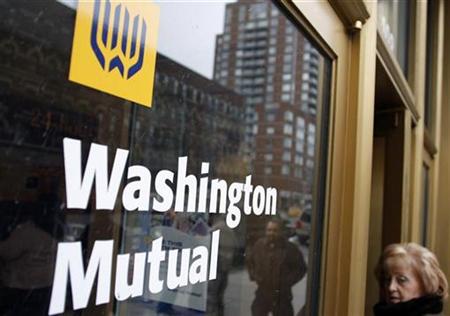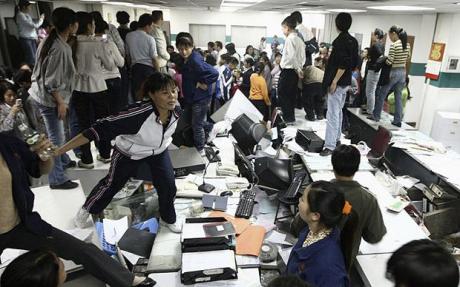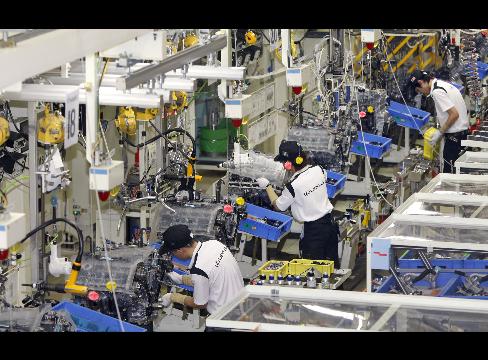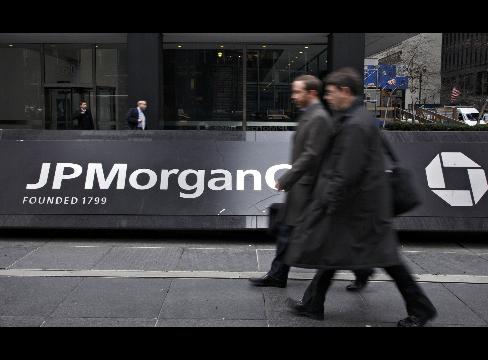
A demonstrator burns a note during a protest in downtown Madrid as Spain’s economic miracle threatens to unravel
For years, it has been a staple of daytime television, alongside the inane chat, creaky old movies and decorating do’s and don’ts – the “let’s-go-live-in-the-sun” show, in which Stoke and Stoke Newington are swapped for, much more often than not, Spain.
But now it has an evil twin. You may have seen it. The we’re-not-celebrities-but-please-get-us-out-of-here show, in which the dream has gone horribly wrong. And it is symptomatic of the wider malaise that has gripped what was once a land of boom and money.
After a decade in which per capita income doubled – and household debt tripled – the Spanish economic fiesta is well and truly over. More than 40,000 workers are losing their jobs each week, a far higher rate than elsewhere in Europe. Unemployment is at 2.99 million, a 12-year record of 12.8 per cent of the workforce and the highest unemployment rate in the eurozone.
And there is no respite in sight. According to Pedro Solbes, the Economy Minister: “There is a risk the unemployment rates will be worse next year.”
In November, the grim jobless figures were compounded by a further decline in the services sector as activity, new orders and employment plunged to a record low.
The Markit Purchasing Market Index, which covers service companies ranging from hotels to insurance brokers, dropped to 28.2 in November from 32.2 in October, the sharpest monthly decline since figures were first collected in 1999. The figure is drastically below the 50 level where growth begins.
And underpinning it all is the Spanish construction industry, which accounts for 9 per cent of GDP. It has collapsed. After those years of boom, more than 150 property companies have gone bust so far this year, going into administration as debts mounted and they were unable to pay back creditors.













